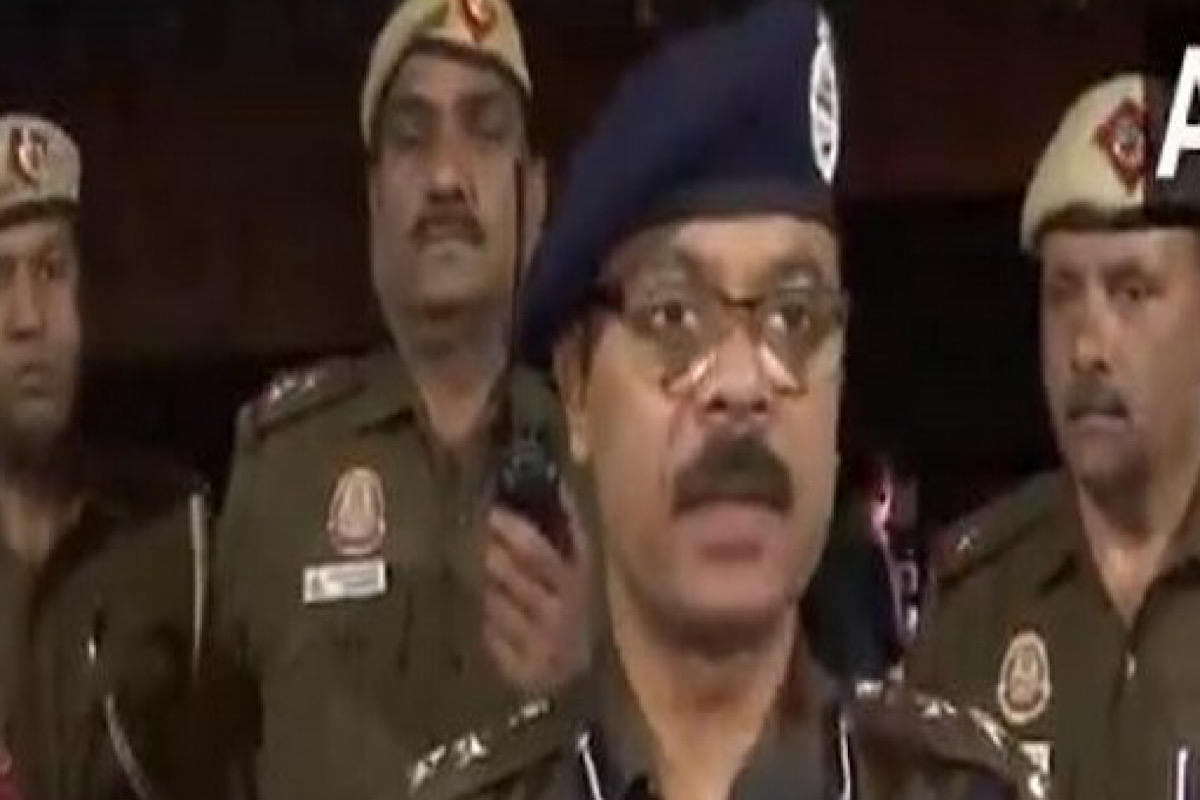Security was beefed up in parts of Delhi following the implementation of rules for the Citizenship (Amendment) Act, 2019, by the central government on Monday.
To avoid any untoward incidents Delhi Police and Paramilitary forces were deployed in some parts of the national capital. The implementation of the law passed in 2019, was delayed on account of widespread protests against its passage.
The North East DCP Joy Tirkey on Monday said that the safety of every single common man of Delhi’s northeast district is our responsibility.
“We have made arrangements in the North East district. Our experience in 2020 was unpleasant which resulted in heavy loss. The rules will be notified today and we were alerted by the Police Headquarters,” North East DCP said.
North East DCP Tirkey said that the police had a meeting of the Aman Committee where the police briefed people of both communities.
Advertisement
“We have tagged the potential troublemakers and some known criminals. We are in touch with our beat constables and keeping an eye on social media too. We are doing a flag march for two days and will have an extensive flag march from Tuesday. Special care will be taken in sensitive areas through drones,” he added.
The Ministry of Home Affairs (MHA) notified the rules under the Citizenship (Amendment) Act, 2019 (CAA-2019) on Monday. These rules, called the Citizenship (Amendment) Rules, 2024, will enable the persons eligible under CAA-2019 to apply for the grant of Indian citizenship. The applications will be submitted in a completely online mode for which a web portal has been provided, stated MHA.
The CAA rules, introduced by the Narendra Modi government, aim to confer Indian citizenship to persecuted non-Muslim migrants–including Hindus, Sikhs, Jains, Buddhists, Parsis, and Christians–who migrated from Bangladesh, Pakistan, and Afghanistan and arrived in India before December 31, 2014.
Following the passage of the CAA by Parliament in December 2019 and its subsequent presidential assent, significant protests erupted in various parts of the country.
Under the Citizenship Act of 1955, Indian citizenship by registration or naturalization is granted to non-Muslim minorities from Pakistan, Bangladesh, and Afghanistan in nine states, such as Gujarat, Rajasthan, Chhattisgarh, Haryana, Punjab, Madhya Pradesh, Uttar Pradesh, Delhi, and Maharashtra.
It’s notable that authorities in the districts of Assam and West Bengal, both politically sensitive regions on this matter, have not been empowered with these citizenship-granting authorities thus far.











